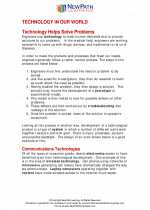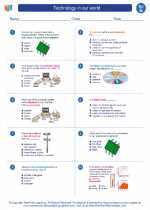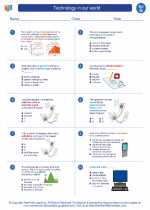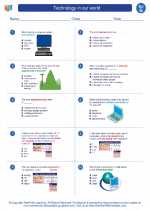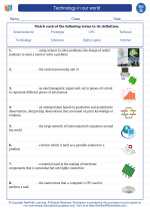Respiratory Physiology
Respiratory physiology is the branch of science that deals with the study of how the respiratory system functions to facilitate breathing and gas exchange in the body.
Key Concepts
- Respiration: The process of breathing, which includes inhalation and exhalation.
- Gas Exchange: The movement of oxygen and carbon dioxide between the lungs and the bloodstream.
- Respiratory System: The organs and structures involved in breathing, including the lungs, diaphragm, trachea, bronchi, and alveoli.
- Respiratory Cycle: The sequence of events that occur during one breath, including inhalation, gas exchange, and exhalation.
- Regulation of Breathing: The mechanisms that control the rate and depth of breathing to maintain proper levels of oxygen and carbon dioxide in the body.
Study Tips
Here are some tips for studying respiratory physiology:
- Understand the anatomy of the respiratory system, including the structures involved in breathing and gas exchange.
- Learn about the different types of respiratory disorders and their effects on the body.
- Practice drawing and labeling diagrams of the respiratory system to reinforce your understanding of its structure and function.
- Use mnemonics and visual aids to remember key concepts and processes, such as the steps of gas exchange in the alveoli.
- Review past exam questions and quizzes to identify areas of weakness and focus your studying on those topics.
Further Resources
Here are some recommended resources for learning more about respiratory physiology:
- Khan Academy - Respiratory System
- NCBI Bookshelf - Respiratory Physiology
- InnerBody - Respiratory System Anatomy
